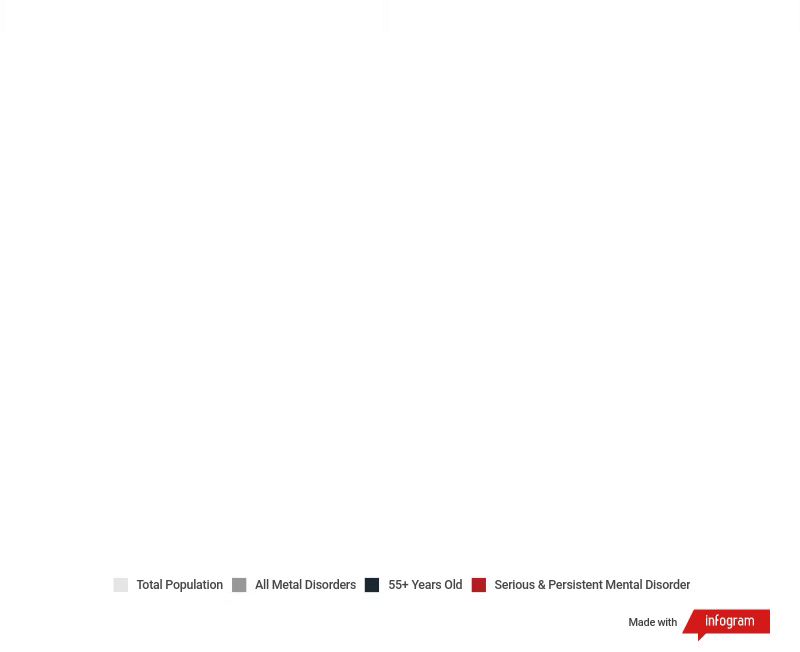The ability of people to “break the cycle of crime” and become "contributive citizens" after prison is complicated for more than half of those coming home because of mental illness. #Chattanooga #SecondChances #IntegrativeJustice
Chattanooga Endeavors Tweet
Prisoner Reentry Isn't Enough
The term “prisoner reentry” conveys a clear institutional meaning. However, it reflects neither the fundamental goal of “reentry” for the “prisoner” nor the active role that is required of the community. In practice, reentry is possible only to the extent that the community – as represented by landlords, neighbors, employers, financial institutions, schools, public services, houses of worship, etc. – make it so.
Fortunately, The Numbers aren't large
According to Tennessee Department of Correction, 24,983 people were serving time in their facilities at the end of last year – among whom only 657 were from Hamilton County. That’s a mere 0.175% of the County’s total population of 374,682. During that same year, just 295 people from Hamilton County were discharged — which is slightly less than the capacity of the Tivoli Theater’s upper balcony.
While some may argue that subjecting 295 people to the disabling effects of incarceration is still too many, it certainly is not too many to assist within the Hamilton County community.
Criminal Justice Involvement in Hamilton County (2023)

But, the Needs are complicated
Until recently, the biggest problem that people faced during their transition from prison to society was employment. That is no longer the case. Not only has resistance to second chance hiring become unpopular in general, but many employers even advertise for applications from people with felony convictions.
For those who are able to work, the problem now isn’t finding a job but making ends meet on the wages they earn. And for those who are not able to work, the problem is making ends meet with the public and community assistance that is available to them.
These are long-term problems that require more than a simple reentry program to solve.
In fact, the most concerning problems facing communities across the state relate to the increasing number of Tennessee prisoners who have been diagnosed with mental illness – up from 18.8% to 54.6% over the last 20 years.
Not only is the overall rate higher, but those with mental illness are also more likely to be classified as “serious and persistent” (42.0%) compared to 20 years ago (27.5%).
In addition, 20.3% of Tennessee prisoners are over 50 years old – up from 8.6% 20 years ago – creating another group of people who are returning from prison to Chattanooga with significant barriers to gainful employment and who are in need of new solutions to become financially sustainable and remain crime-free.
20-Year Trend in Mental Illness In Tennessee Prisons

